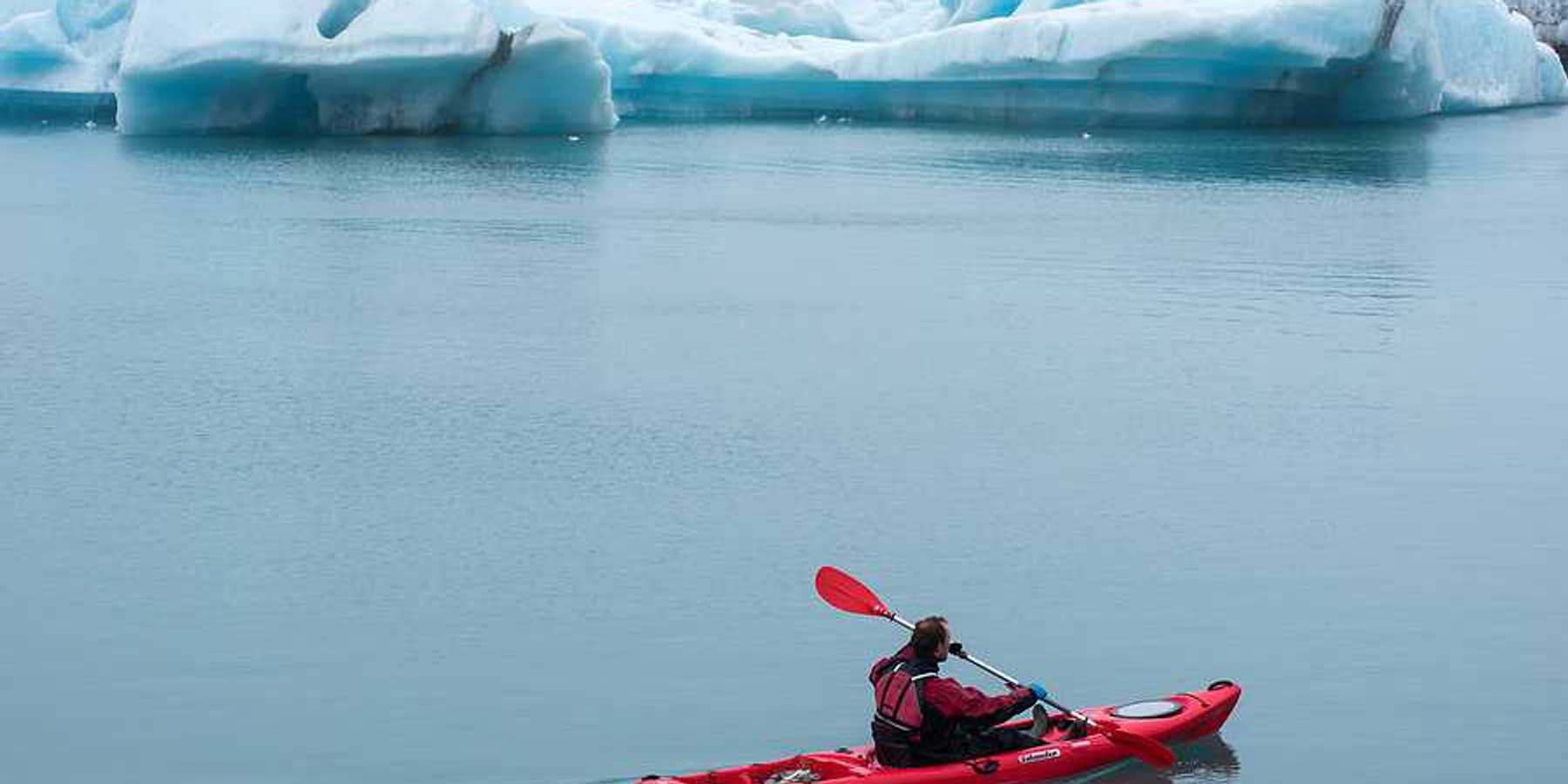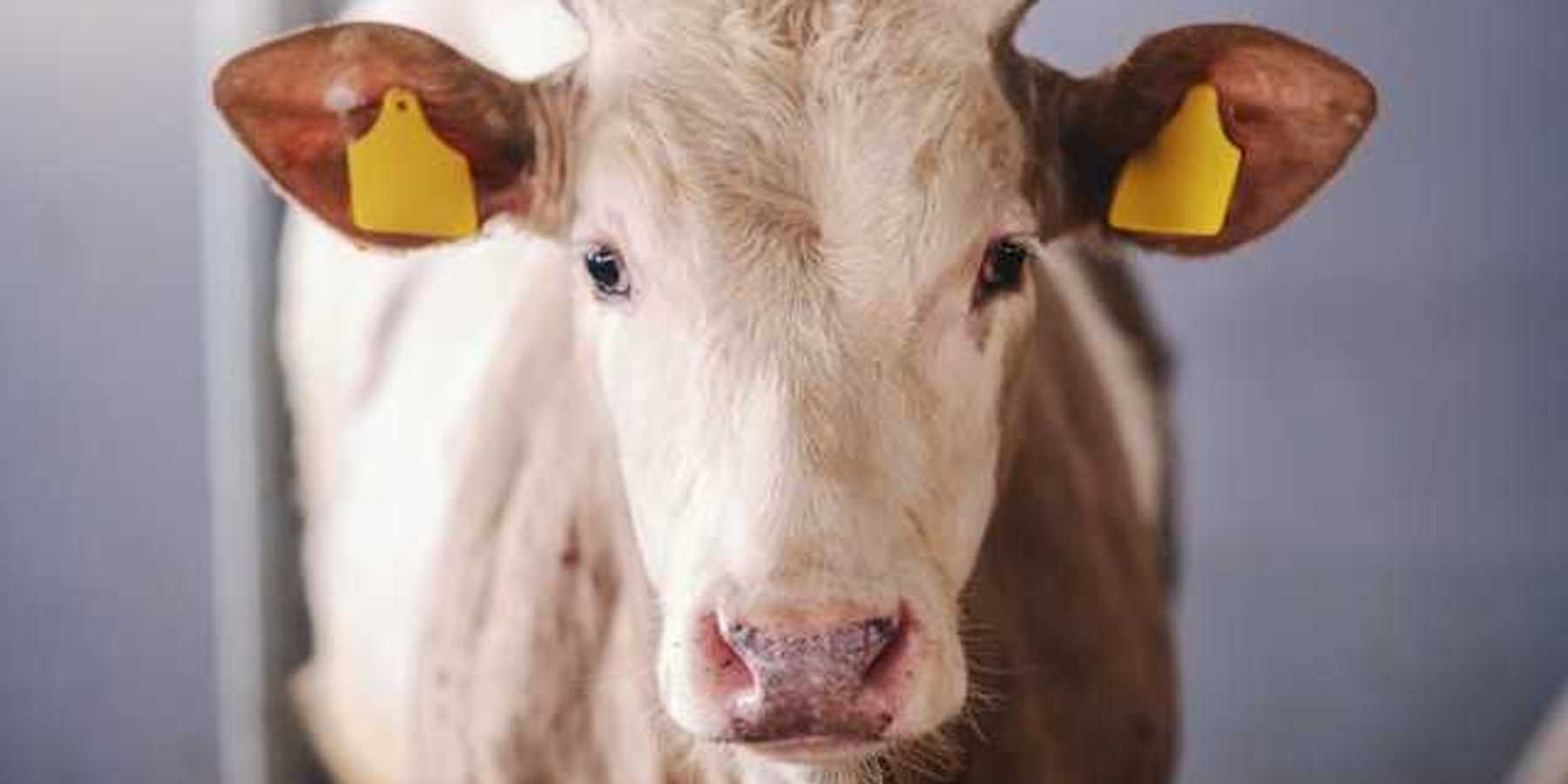Industrial sites can be transformed into wildlife havens
Global conservation efforts show that restoring damaged ecosystems can effectively halt biodiversity loss and support struggling species, with proven successes across oceans, wetlands and forests.
Isabelle Gerretsen, Martha Henriques and Katherine Latham report for BBC.
In short:
- Protected ocean areas, like those in the Azores and Seychelles, demonstrate increased biodiversity, including the return of endangered species such as whales.
- Removing invasive species, as seen on Palmyra Island, helps native plants and animals thrive and prevents ecosystem collapse.
- Restoring habitats like wetlands and forests enhances biodiversity, provides carbon storage and strengthens community connections to nature.
Key quote:
"Our hope is that our action will not only benefit our people and wildlife in the Azores, but inspire the rest of the world."
— Luis Bernardo Brito e Abreu, Azores government advisor
Why this matters:
As climate change accelerates, protecting diverse ecosystems is crucial to preserving water sources, curbing carbon emissions and supporting local livelihoods. Conservation success stories underscore the urgent need for worldwide commitments to restore and protect 30% of land and oceans by 2030.
Related EHN coverage:













